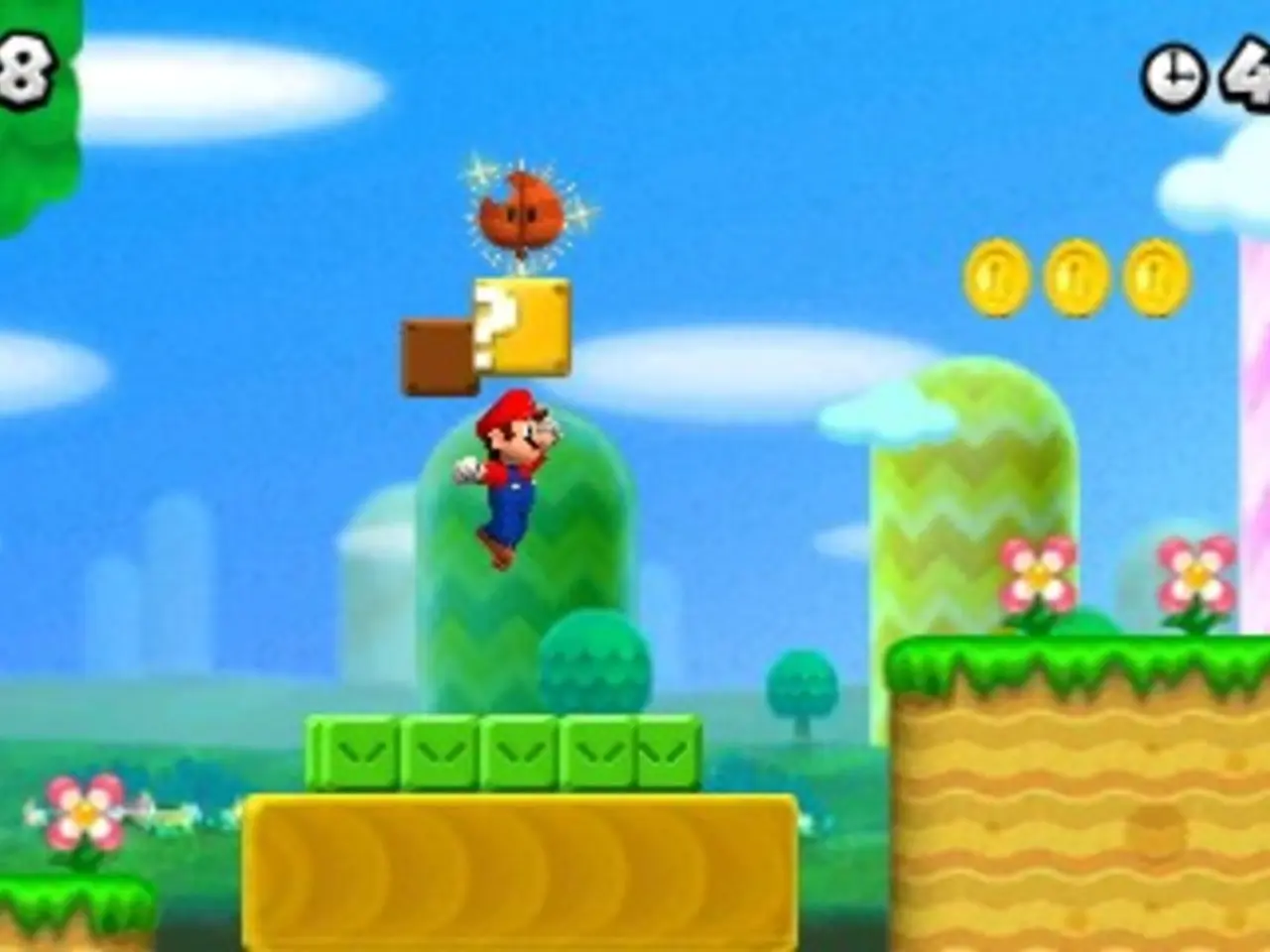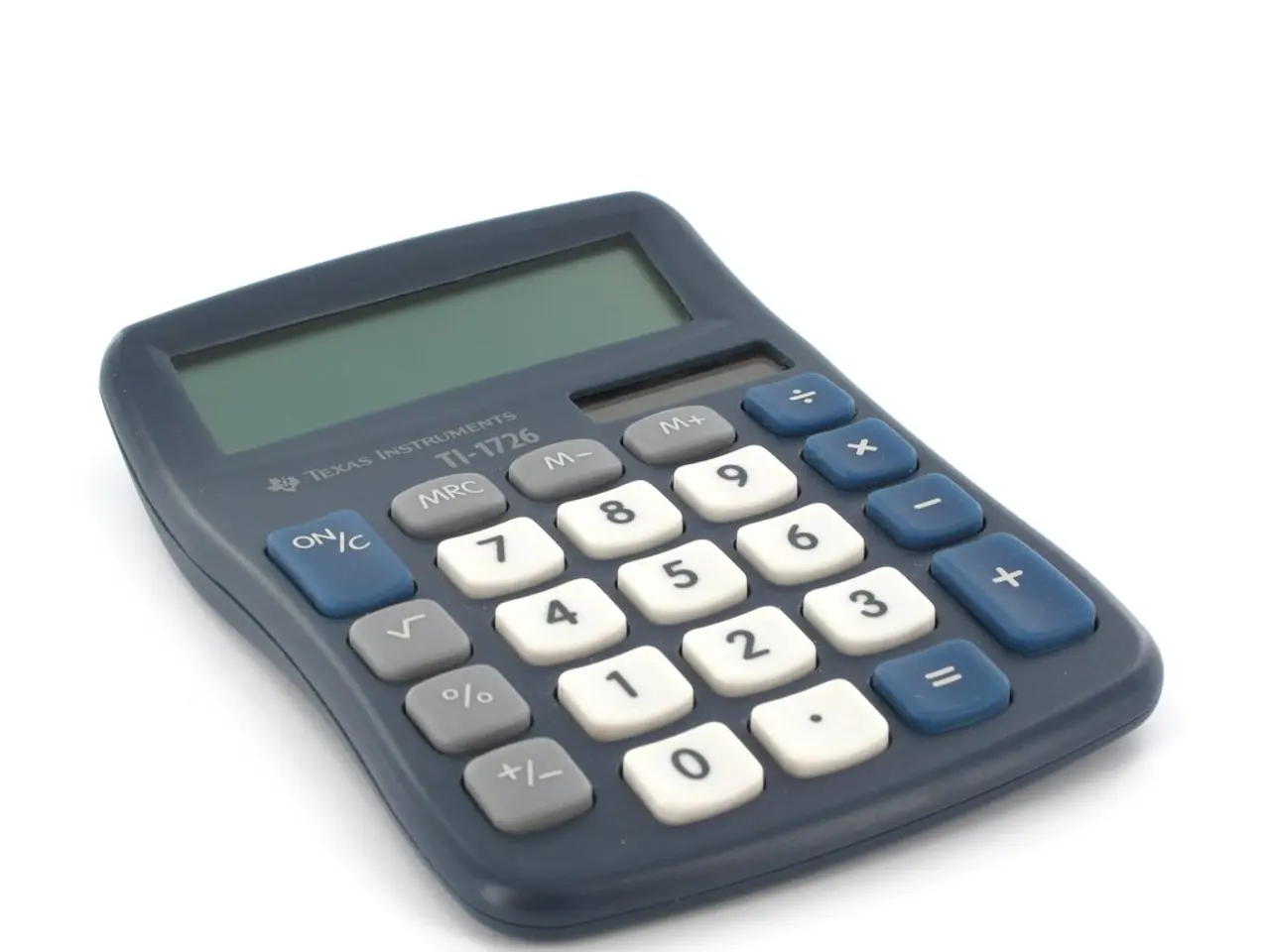Delivery of Remaining Aid Funds Could Be Delayed
Rewritten Article:
The government's planned revamp of its flagship economic stimulus scheme is under scrutiny, as the repercussions of US President Donald Trump's tariff policies on the global economy heighten, according to Prime Minister Paetongtarn Shinawatra.
She voiced that the opinions on the project's next phase are still up for grabs among the relevant parties. The changing global economic situation and the counsel of economic powerhouses like the National Economic and Social Development Council and the Bank of Thailand are crucial factors to consider, she said.
The government initially pushed for the scheme to spur economic growth, but with new variables coming into play, they must first reevaluate the potential impacts of the proposed stimulus measures.
Paetongtarn stated that the government's course of action depends on the feedback from relevant agencies, even though they hold the authority to proceed without consultation.
She clarified that there have been no changes as of yet and the government is gathering opinions on the need for further economic stimulus and how the remaining 150 billion baht can be allocated for maximum benefit.
When asked about the impending third phase, she reiterated the need for agency feedback before making a decision. Tuesday's cabinet approval for the third phase has been postponed until further notice.
Reports suggest that the government has 157 billion baht left to fund the third and final phase of the stimulus scheme. The initiative aims to provide digital cash to around 2.7 million Thai youths between the ages of 16 and 20 to help stimulate the economy.
Staggering economic impacts emanating from Trump's tariffs have put pressure on Thailand's export-reliant sectors, particularly electronic appliances, air conditioners, hard disk drives, and semiconductors. The tariffs, which soar up to 36%, have placed a strain on Thailand's manufacturing and trade sectors, essential drivers of job creation and economic growth in recent decades.
Given these circumstances, experts predict a potential contraction in GDP growth, potentially affecting two consecutive quarters, and adversely impacting household incomes, consumption, and public debt relative to GDP. The global trade uncertainties spawned by these policies have also caused heightened financial volatility, similar to levels observed during the Covid-19 pandemic.
In response, the Thai government has focused on offsetting these impacts by boosting US imports and diversifying export markets. Some analysts question the efficacy of this strategy, suggesting deeper engagement with other trade partners through free trade agreements as a more effective solution. Potential partners include Europe, Latin America, and Africa to reorient Thailand's trade and investment strategies.
In essence, Trump's tariff policies have inflicted damage on Thailand's export-driven economy, risking GDP contraction and necessitating government stimulus measures like the continuation of the money handout scheme to support consumer spending and economic stability amid global trade disruptions caused by tariffs. The government is also actively pursuing trade diversification and investment attraction to adapt to the new global trade landscape.
- Despite the ongoing debate, the government's decision to postpone the third phase of its economic stimulus scheme, which involves a handout of digital cash to youths, is crucial due to the impact of tariffs on Thailand's export-reliant industries, as voiced by Prime Minister Paetongtarn Shinawatra.
- As the tariff polices of US President Donald Trump escalate, causing potential GDP contraction and increased financial volatility, Paetongtarn indicated that assessing the potential impacts of the stimulus measures during each phase is essential, ensuring the allocation of the remaining 150 billion baht is optimized for maximum industry and finance benefit.
- Paetongtarn underscored that in light of the postponed third phase, the government would defer to feedback from relevant agencies to guide future decisions, as they aim to mitigate economic instability and enable Thailand to adapt to the evolving global trade landscape, potentially engaging with trade partners like Europe, Latin America, and Africa.








